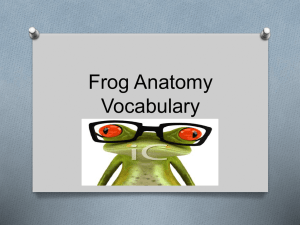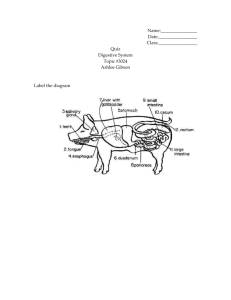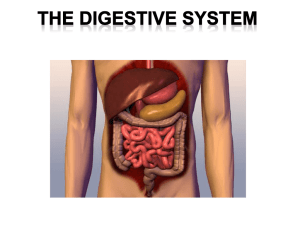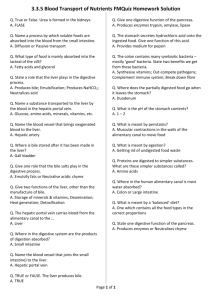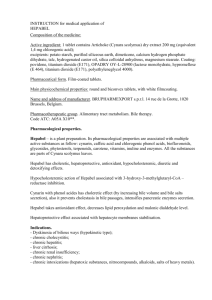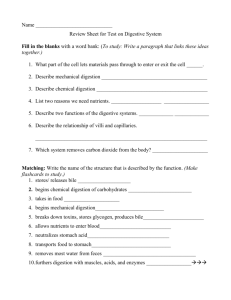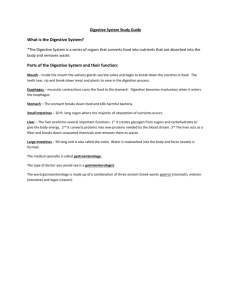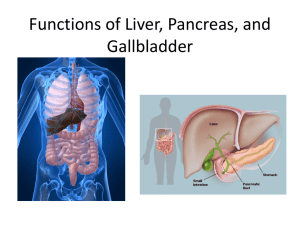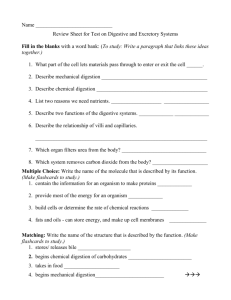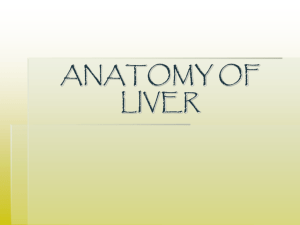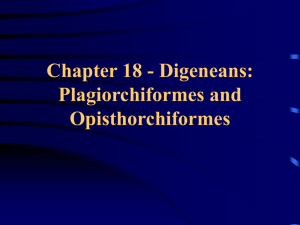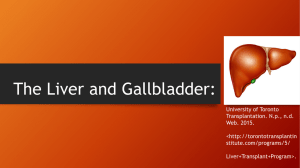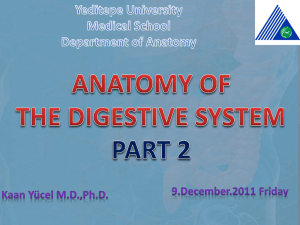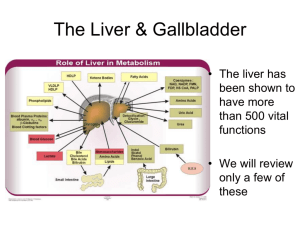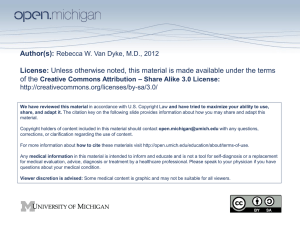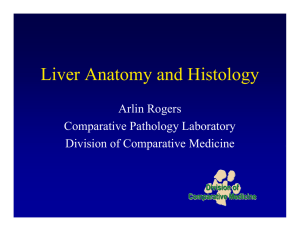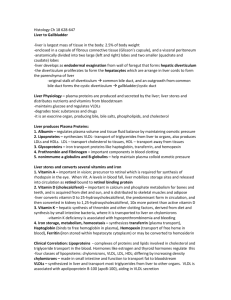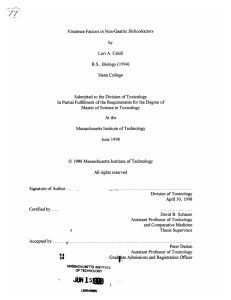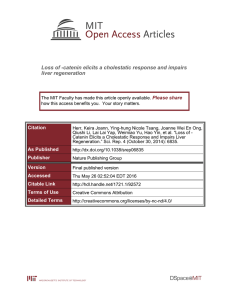How Does the Liver Help in Digestion?
advertisement
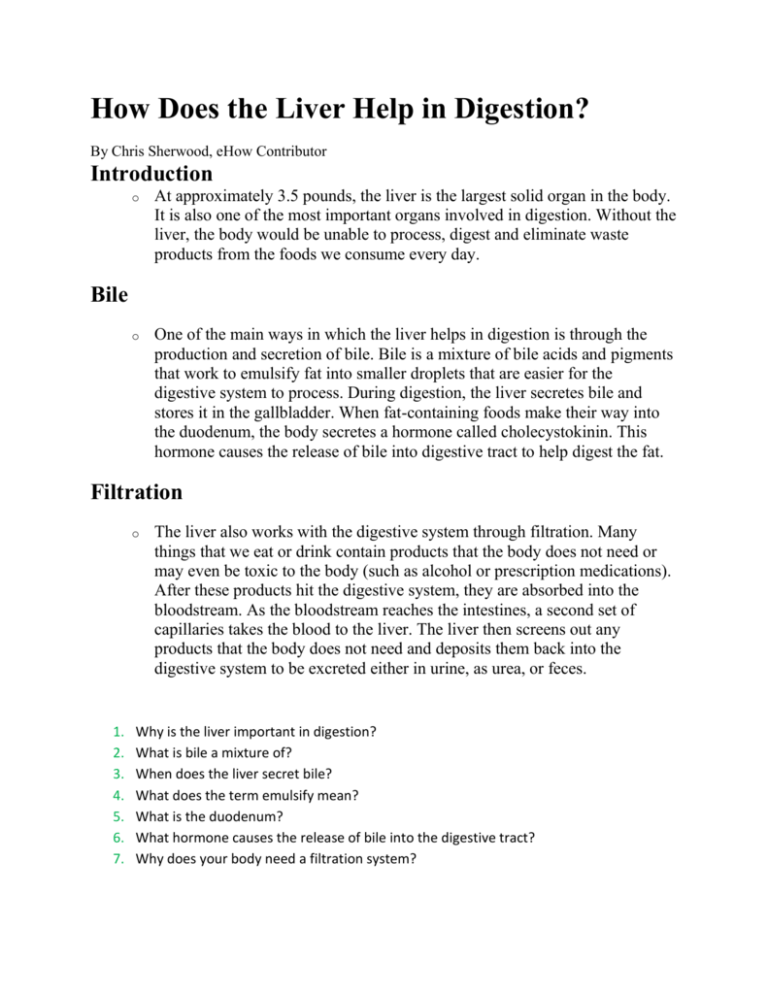
How Does the Liver Help in Digestion? By Chris Sherwood, eHow Contributor Introduction o At approximately 3.5 pounds, the liver is the largest solid organ in the body. It is also one of the most important organs involved in digestion. Without the liver, the body would be unable to process, digest and eliminate waste products from the foods we consume every day. o One of the main ways in which the liver helps in digestion is through the production and secretion of bile. Bile is a mixture of bile acids and pigments that work to emulsify fat into smaller droplets that are easier for the digestive system to process. During digestion, the liver secretes bile and stores it in the gallbladder. When fat-containing foods make their way into the duodenum, the body secretes a hormone called cholecystokinin. This hormone causes the release of bile into digestive tract to help digest the fat. Bile Filtration o 1. 2. 3. 4. 5. 6. 7. The liver also works with the digestive system through filtration. Many things that we eat or drink contain products that the body does not need or may even be toxic to the body (such as alcohol or prescription medications). After these products hit the digestive system, they are absorbed into the bloodstream. As the bloodstream reaches the intestines, a second set of capillaries takes the blood to the liver. The liver then screens out any products that the body does not need and deposits them back into the digestive system to be excreted either in urine, as urea, or feces. Why is the liver important in digestion? What is bile a mixture of? When does the liver secret bile? What does the term emulsify mean? What is the duodenum? What hormone causes the release of bile into the digestive tract? Why does your body need a filtration system?
